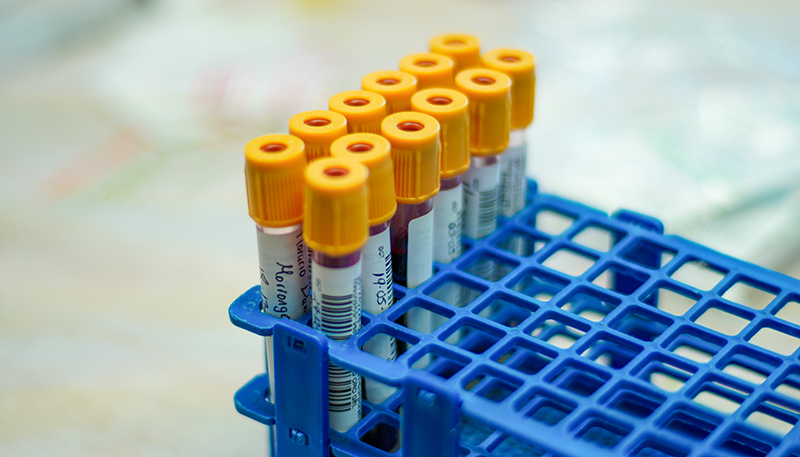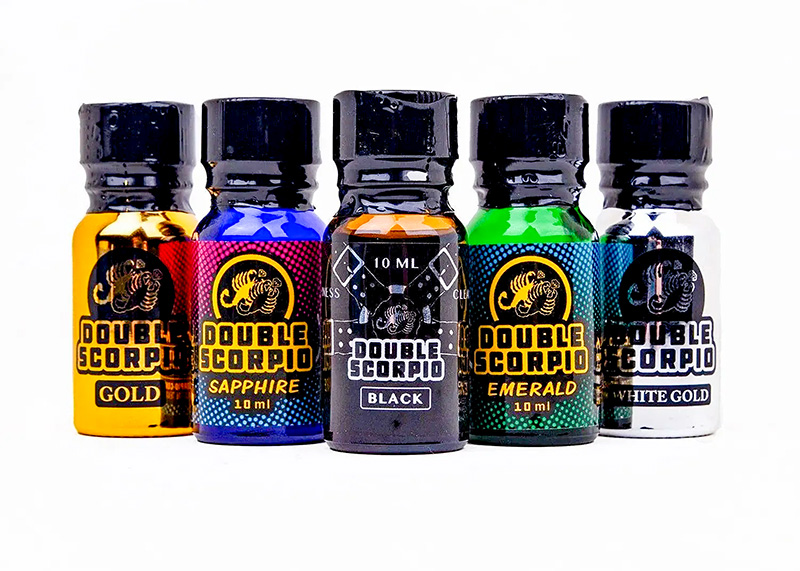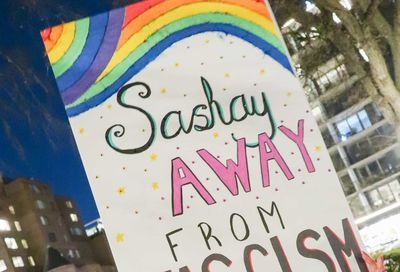Advocates release “roadmap” aimed at ending HIV epidemic by 2025
Organizations call on federal government to expand health care access, promote HIV and STI testing, and address drug pricing


Ahead of World AIDS Day, HIV/AIDS advocates are calling on the United States federal government to adopt a “roadmap” aimed at ending the domestic HIV epidemic by 2025.
The plan, which consists of several bold moves and would require a significant amount of investment, seeks to not only reduce the spread of HIV but address some of the problems that exacerbate its spread, such as a lack of access to quality, affordable health care, exorbitant drug prices, and a lack of comprehensive sex education.
“The more than 1.2 million people living with HIV in the U.S. reside in every congressional district, state, and territory,” Jesse Milan, Jr., the president and CEO of AIDS United, which is leading the Act Now: End AIDS coalition, said in a statement. “However, new cases of HIV and HIV-related deaths have become increasingly concentrated in communities of color, LGBTQ populations, and Southern states. While some individual communities have already begun taking concrete steps to end their state and local epidemics, ending the national HIV epidemic requires a coordinated federal response.
“We’ve also seen disparities widen, particularly among gay, bisexual and transgender communities of color, where new infections are up and access to recent biomedical advances are increasingly harder for them to obtain,” Milan added. “National leaders change, but medical research advances and new public health solutions are developed all the time. Now is time the to reevaluate our approaches, so that we can identify points of strength and gaps that need to be addressed.”
The first comprehensive National HIV/AIDS Strategy, released in 2010 under the Obama administration, outlined major priorities that the federal government saw as essential to reducing the spread of HIV, including increased testing, expanding access to health insurance through the Affordable Care Act, and initiatives to get people who are HIV-positive into treatment with the intent of bringing their viral loads down to “undetectable” levels to reduce the incidence of transmission.
In a policy paper, the Act Now: End AIDS coalition outlined what it sees as policies best suited to building on those past successes, incorporating feedback from the HIV/AIDS, public health, and reproductive health communities about how best to combat the spread of HIV. To date, 250 organizations have endorsed the strategies outlined in the paper.
Some of the policies that the paper calls on the federal government to adopt include expanding Medicaid, which is the primary insurance source for an estimated 40% of people who are HIV-positive, creating targeted funding for community-based organizations outside of major metropolitan areas (where HIV rates are on the rise), increasing funding for the Ryan White Program.
The paper also stressed the importance of increased testing for HIV and sexually transmitted infections, making investments to combat the opioid abuse epidemic, ending laws that criminalize HIV, and taking steps to increase access to HIV medications and PrEP and make them more affordable.
“HIV/AIDS is an urgent human rights and public health crisis, impacting millions in the U.S. and around the world. While the U.S. has made progress toward greater health care equity, disparities in HIV rates remain a serious issue for too many people and communities,” Dr. Leana Wen, the president of Planned Parenthood Federation of America, which has endorsed the strategies outlined in the “roadmap.”
“The resilience, wisdom, and agency of affected communities must guide the implementation of any national plan to end the HIV epidemic in the U.S,” Dazon Dixon Diallo, founder and president of SisterLove, Inc., and co-chair of the Act Now: End AIDS coalition. “This roadmap was developed by people working in and from these very communities. We have first-hand experience implementing similar strategies locally and as such, have unique expertise. This document has coalesced the larger HIV community behind one plan and one big, audacious goal. The federal government would be wise to tap into that energy. Together, we might just make history.”
Support Metro Weekly’s Journalism
These are challenging times for news organizations. And yet it’s crucial we stay active and provide vital resources and information to both our local readers and the world. So won’t you please take a moment and consider supporting Metro Weekly with a membership? For as little as $5 a month, you can help ensure Metro Weekly magazine and MetroWeekly.com remain free, viable resources as we provide the best, most diverse, culturally-resonant LGBTQ coverage in both the D.C. region and around the world. Memberships come with exclusive perks and discounts, your own personal digital delivery of each week’s magazine (and an archive), access to our Member's Lounge when it launches this fall, and exclusive members-only items like Metro Weekly Membership Mugs and Tote Bags! Check out all our membership levels here and please join us today!























You must be logged in to post a comment.